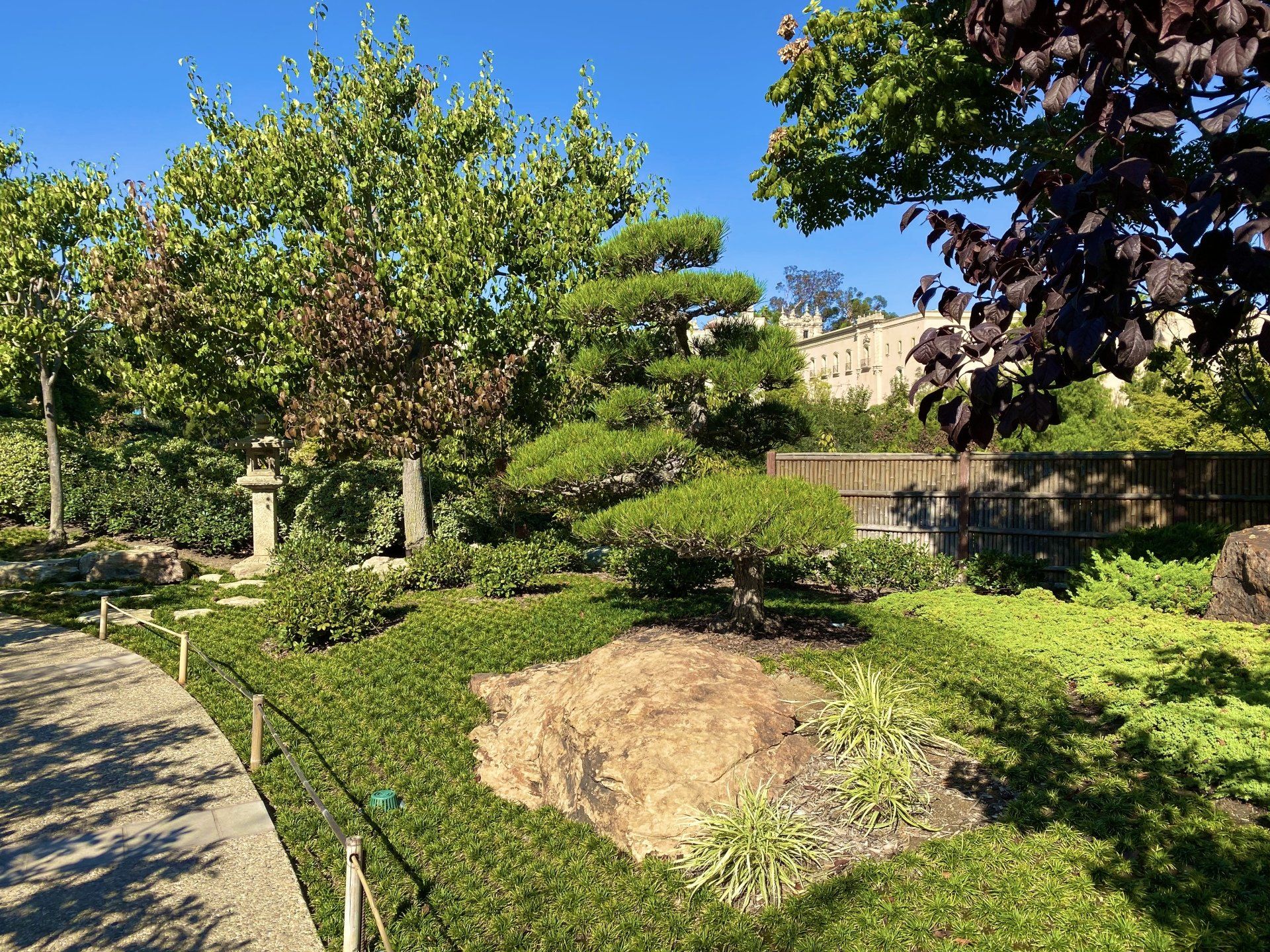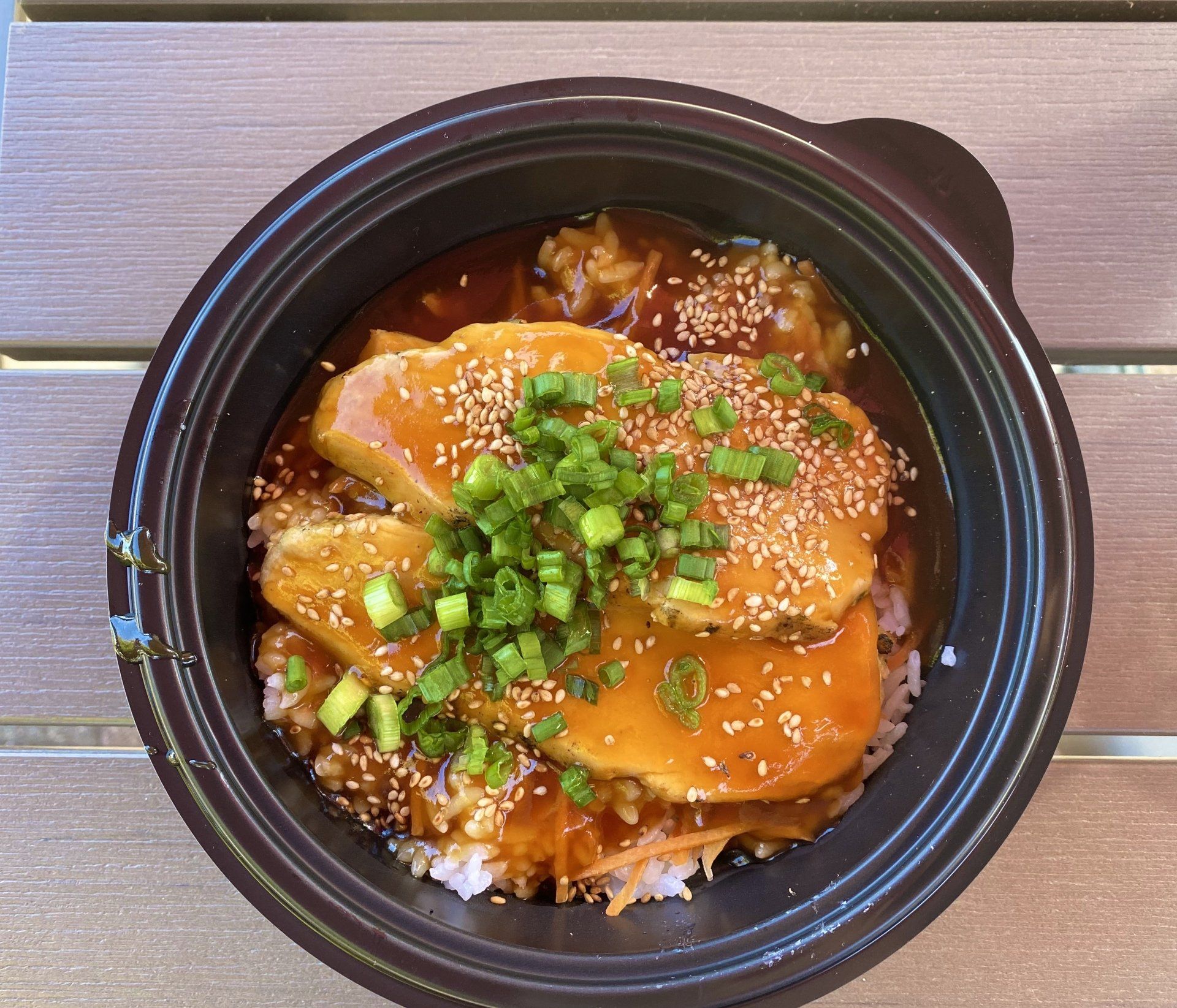
Japanese Friendship Garden
Japanese Friendship Garden
Balboa Park
The Japanese Friendship Garden is a Japanese Garden within Balboa Park. It is an expression of friendship between San Diego and its sister city Yokohama that binds the two cultures to create a unique experience for visitors from all over the world.

Slide title
Write your caption hereButton


Slide title
Write your caption hereButton
Slide title
Write your caption hereButton
Slide title
Write your caption hereButton
Slide title
Write your caption hereButton
The SD Experience
Representing a new concept in the development of a Japanese garden outside Japan, the Japanese Friendship Garden is designed to present an atmosphere of elegant simplicity (shibui) and quiet beauty. The design is guided by the original principles of the Japanese garden while incorporating elements of the regional landscape and climate. The garden is always in a state of change but the basic elements of trees, shrubs, rocks and koi ponds designed in natural balance create a peaceful, harmonious, and transcendental environment conducive to contemplation and meditation.
More than 100,000 people from all over the world visit the Japanese Friendship Garden each year. The garden offers a variety of educational programs and exhibits as well as several festivals at different times of the year. Every spring, the garden is host to the cherry blossom festival and that is when some of the most vibrant colors and blooms appear in the garden.
History
The Tea Pavilion and adjacent garden was originally built in 1915 for the Panama-California Exposition. They city decided it was not going to keep up the garden after the exposition, so they asked a local Japanese couple to run the tea house. It stood for approximately forty years as a symbol of strong cultural and commercial ties between the U.S. and Japan. However, the pavilion closed in 1941.
In 1955, key citizens of San Diego gathered, and formulated a plan for restoring a Japanese garden on an expanded site. As the first tangible symbol of this effort, the City of Yokohama presented the City of San Diego with a snow lantern in 1956. Following that in 1958, they presented the Friendship Bell, which can now be found on Shelter Island.
The San Diego Yokohama Sister City Society, whose members worked with the City of San Diego to identify the current site of the garden, acquired a Japanese Gate. They installed it just to the north of the Organ Pavilion. In 1968, they dedicated the gate as the Charles C. Dail Memorial Japanese Gate in order to honor the commitment by the people of San Diego. The gate was near the entrance to the 11 acres set aside in Balboa Park, the eventual construction and restoration site of a Japanese garden.
In 1977, after hearing the plans by many San Diegans to reestablish a Japanese garden, Yokohama gave San Diego 100 cherry blossom trees. During 1977 and 1978, a series of public conferences were held to make plans for the new garden. These events allowed the general public to get involved in the designing of Balboa's new garden.
In 1979 the Department of Parks & Recreation and the City Council's Public Facilities & Recreation Committee approved the Japanese Garden Master Plan for Balboa Park. The Society had a professional feasibility study completed to determine if sufficient financial support was available. Not only did funds have to be identified from San Diego, but also from sources throughout the United States and Japan. The study showed that support for the project was strong, so with the cooperation of Mayor Pete Wilson and the City of San Diego, the new Japanese Friendship Garden was under way.
In 1985, Landscape Architect Takeshi Ken Nakajima named the garden San-Kei-En, which means garden of three types of scenery—pastoral, mountain, and lake.
The initial Master Plan was designed so that garden could be constructed in five phases, with the first opening in August 1990. During the 90's several improvements were added, including the plaza at the upper entrance and the re-opening of the Tea Pavilion. They also added the Garden Study Center to focus on the skills and techniques of Japanese gardening. During this time, they also added a 10,700 gallon koi pond and waterfall along with a Bonsai garden.